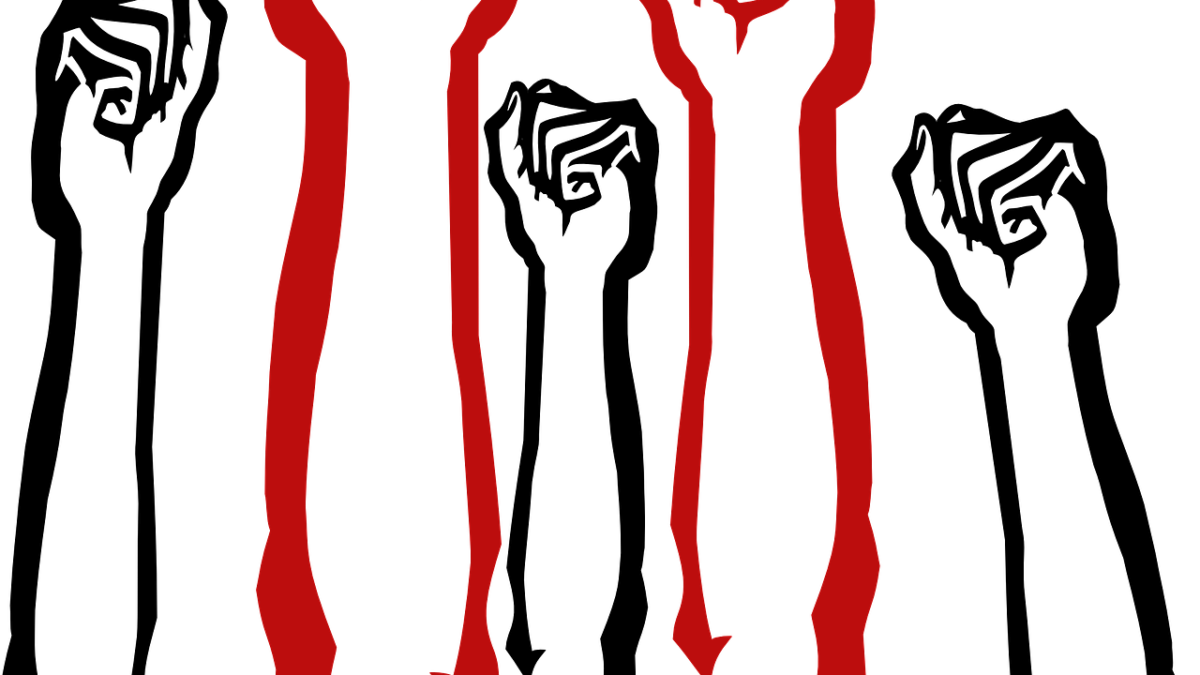by Martha A. Fineman

“Western systems of law and justice have inherited a political liberalism that imagines a ‘liberal legal subject’ as the ideal citizen – this subject is an autonomous, independent and fully-functioning adult, who inhabits a world defined by individual, not societal responsibility, where state intervention or regulation is perceived as a violation of his liberty. Social arrangements and institutions with significant effects on everyone lives, such as the family, are deemed “private” and their operation and functioning relegated to ideologies of meritocracy and the free market. Vulnerability theory challenges the dominance of this static and individualized legal subject, and argues for the recognition of actual human lives as socially and materially dynamic.
Vulnerability theory understands human beings as embodied creatures who are inexorably embedded in social relationships and institutions. By rejecting the limited subjectivity constructed in the liberal imagination, we acknowledge the lived complexity of the ‘vulnerable legal subject’ – a political vision of how the human condition is profoundly shaped by an inherent and constant state of vulnerability across the life-course from birth until death. Incorporating the inevitability of change into the political project of conceiving the legal subject creates a complex subjectivity to guide the way we define individual and state responsibilities. It provides a basis to question and critique current allocations of responsibility for individual and societal wellbeing across the individual and the state and its institutions. Vulnerability theory takes seriously the political and legal implications of the fact that we live within a fragile materiality. We are, all of us, vulnerable. Sometimes our vulnerability is realized in the form of dependency on others for care, cooperation, or assistance. Sometimes it is realized in our dependency on social arrangements, such as the family or the market or economy. But, whether realized or latent, this vulnerability is universal and constant – an essential and inexorable aspect of the human condition.
Importantly, the primary emphasis of vulnerability theory is not our human vulnerability, although the theory begins there. When vulnerability is understood as a universal constant, the task then becomes to explore the strategies by which we can mitigate this vulnerability. Therefore, human beings are not rendered more or less vulnerable because they have certain characteristics or are at various stages in their lives, but do experience the world with differing levels of resilience. The inequality of resilience is at the heart of vulnerability theory because it turns our attention to society and social institutions. No one is born resilient. Rather, resilience is produced within and through institutions and relationships that confer privilege and power. Those institutions and relationships, whether deemed public or private, are at least partially defined and reinforced by law.”
See original post here: http://newlegalrealism.org/2015/11/30/fineman-on-vulnerability-and-law/
Questions:
- How do laws reinforce and define institutions and relationships?
- What are some ways that the state can adjust for vulnerability?
- How does a vulnerability analysis shift state responsibility?
